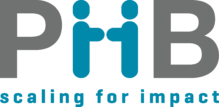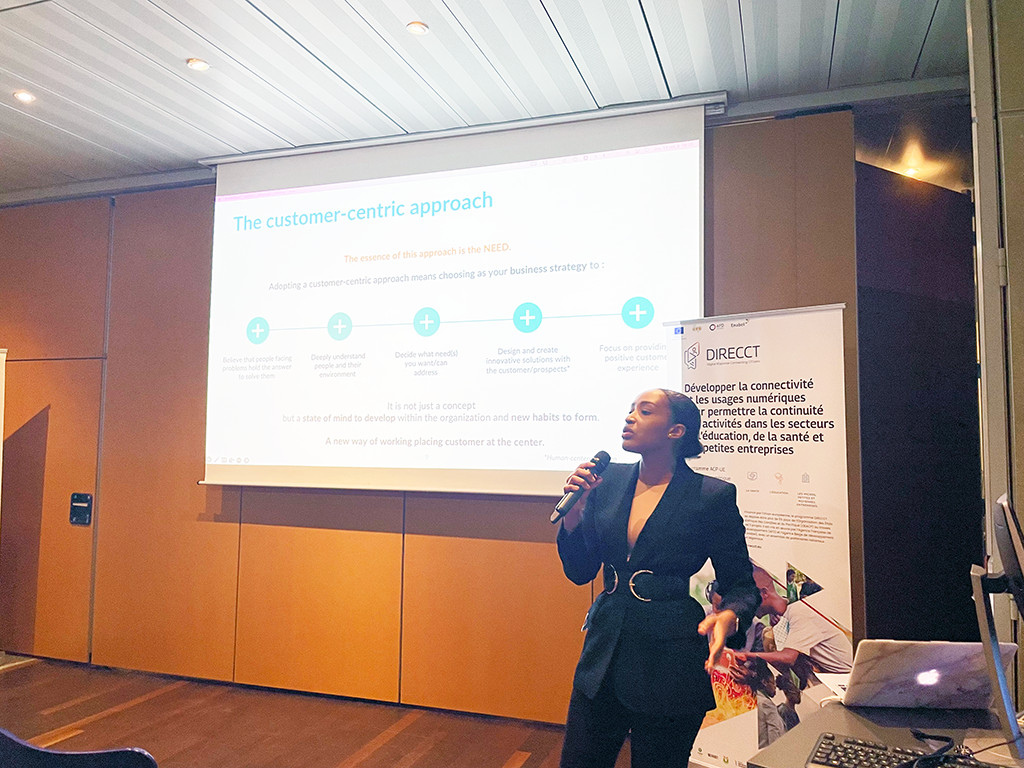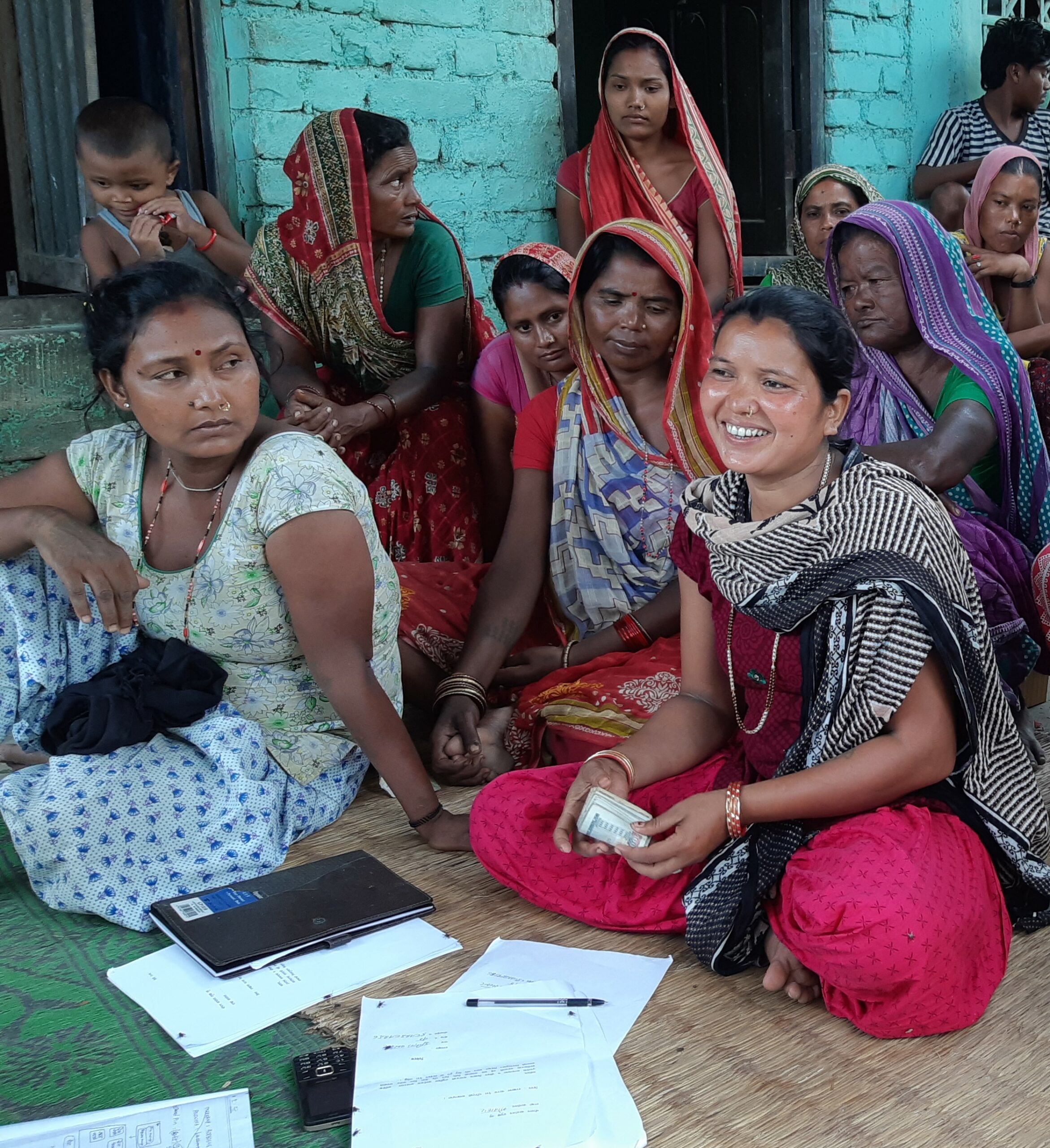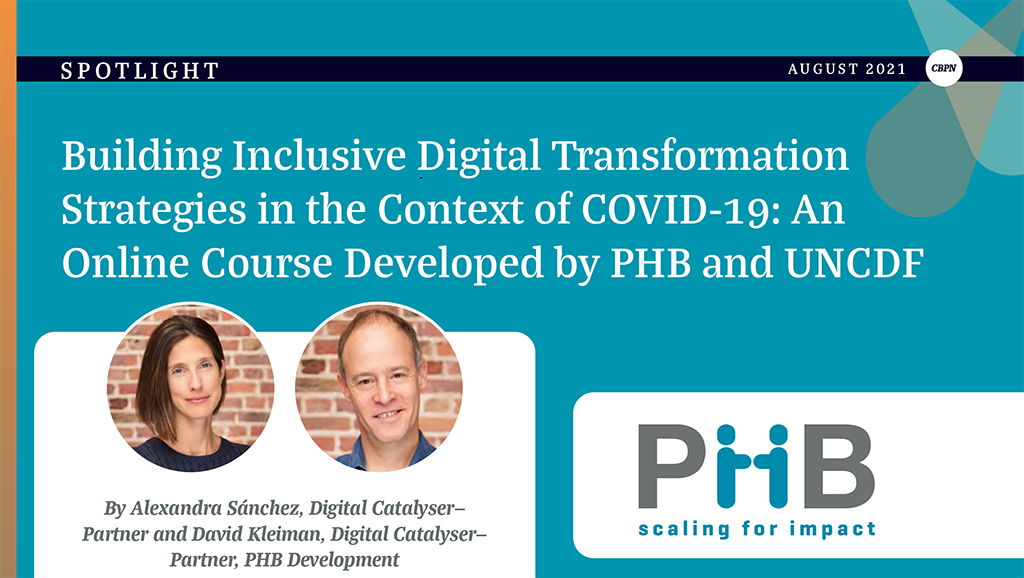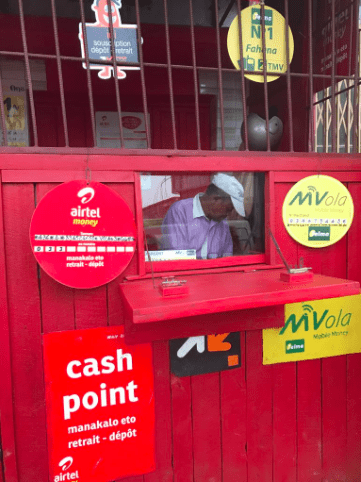
DFS formula for success in a new toolkit from PHB Academy and MicroLead
How to leverage an existing agent network detailed in Toolkit # 3
PHB Academy, in collaboration with UNCDF MicroLead and the MasterCard Foundation, has released the third in a series of six toolkits aimed at supporting financial service providers (FSPs) in offering digital financial services in new areas. The practical toolkit initiative – offered in English and French – is designed to spur digital initiatives among financial institutions (FI) that may not have the specific experience and insights needed for successful implementation.
Toolkit #3 outlines working with an existing digital financial service provider (DFSP), instead of setting up a new agent network. In this business model, the FI forms partnerships with DFSPs that can facilitate the delivery of products and services, enabling customers to electronically perform transactions such as deposits, withdrawals, account transfers, bill payments and balance inquiries. Benefits for the customers include the convenience of account access, increased security without cash, and the ability to build savings and credit history for future loans.
“Financial service providers have told us how much they value the step by step approach for success to guide them in their implementation,” said Aurelie Wildt Dagneaux, Digital Finance Service expert with PHB Development, “They particularly like the illustrated case studies of FSPs in both West and East Africa. These cases show important lessons learnt and pitfalls for others to avoid.”
This latest toolkit, like others in the series, comprises two documents. Part 1: “Business model description” illustrates the formula for implementation. Key aspects in three international examples – from Ethiopia, Nigeria, and Ivory Coast – are featured as a basis to demonstrate opportunities in action such as how a microfinance institutions can form a productive partnership with a payment service provider (PSP) or a mobile network operator (MNO) to deliver services through an agent network. As a result, mobile services can expand their reach to more clients in the areas of operation.
Part 2: “Case studies” demonstrates partnership actions including how UGAFODE Microfinance Limited (UGAFODE) in Uganda, a MicroLead partner, leveraged a platform and agent network of MNOs to deliver its own products and services. Other cases show how organizations such as Société de Financement de la Petite Entreprise (SOFIPE) in Burkina Faso, also a MicroLead partner, joined with Airtel to leverage the Airtel agent network to reach remote areas. FINCA Tanzania is featured as well from four years of experience in which it worked with agents from the three most prominent MNOs in the country.
Agents are a masterpiece (entry point) of any digital financial service. When it comes to agency banking where agents support clients to make transactions, an FSP can choose between developing its own agent network or partnering with an MNO or PSP to leverage theirs, without the heavy capital, human and technology cost of rolling out its own network – albeit at the expense of control over the agent network and fees for customers. Building one’s own agent network will be examined in Toolkit #4.
“PHB’s partnership with MicroLead and the MasterCard Foundation brings implementation experience from a range of geographical locations and actors, with partners from small microfinance institutions to large banks. Through these toolkits, we will have featured 20+ financial service providers that have from 1,500 to over 20 million clients. Lessons learned and experience from PHB, UNCDF MicroLead and the MasterCard Foundation are central to these toolkits,” said Aurelie.
To download the free Toolkit #3, visit: http://www.uncdf.org/article/2125/microleads-3rd-dfs-toolkit-is-here-leverage-an-existing-agent-network
For more information on various aspects of implementing DFS and the toolkit series, contact:
Aurelie Wildt Dagneaux
Digital Catalyser – Partner
Stay Connected
Launch